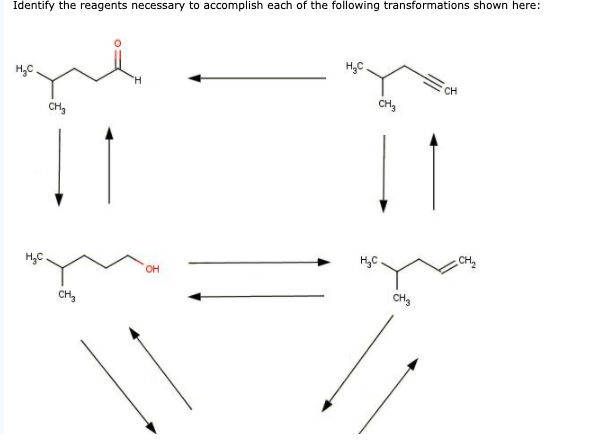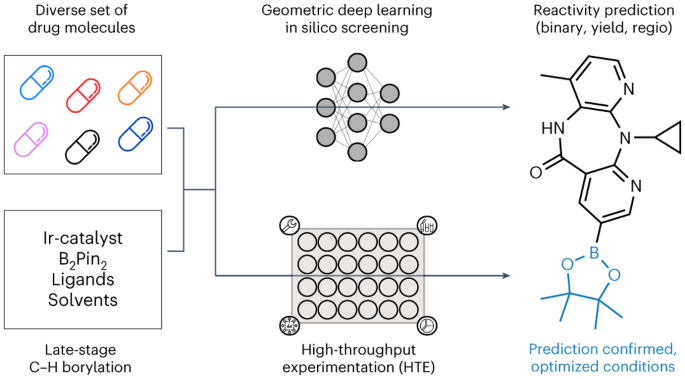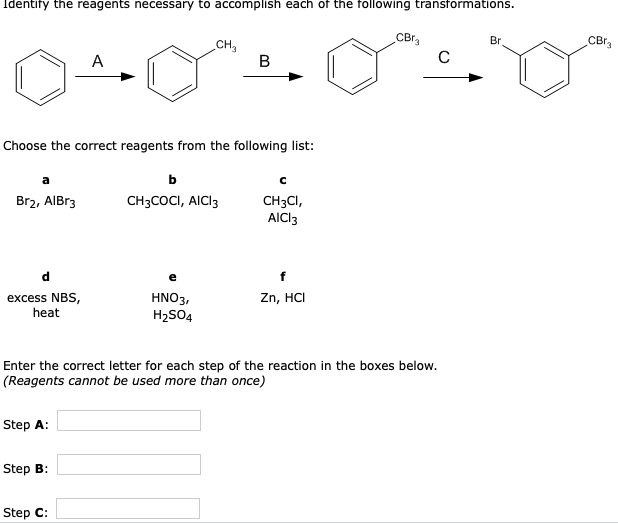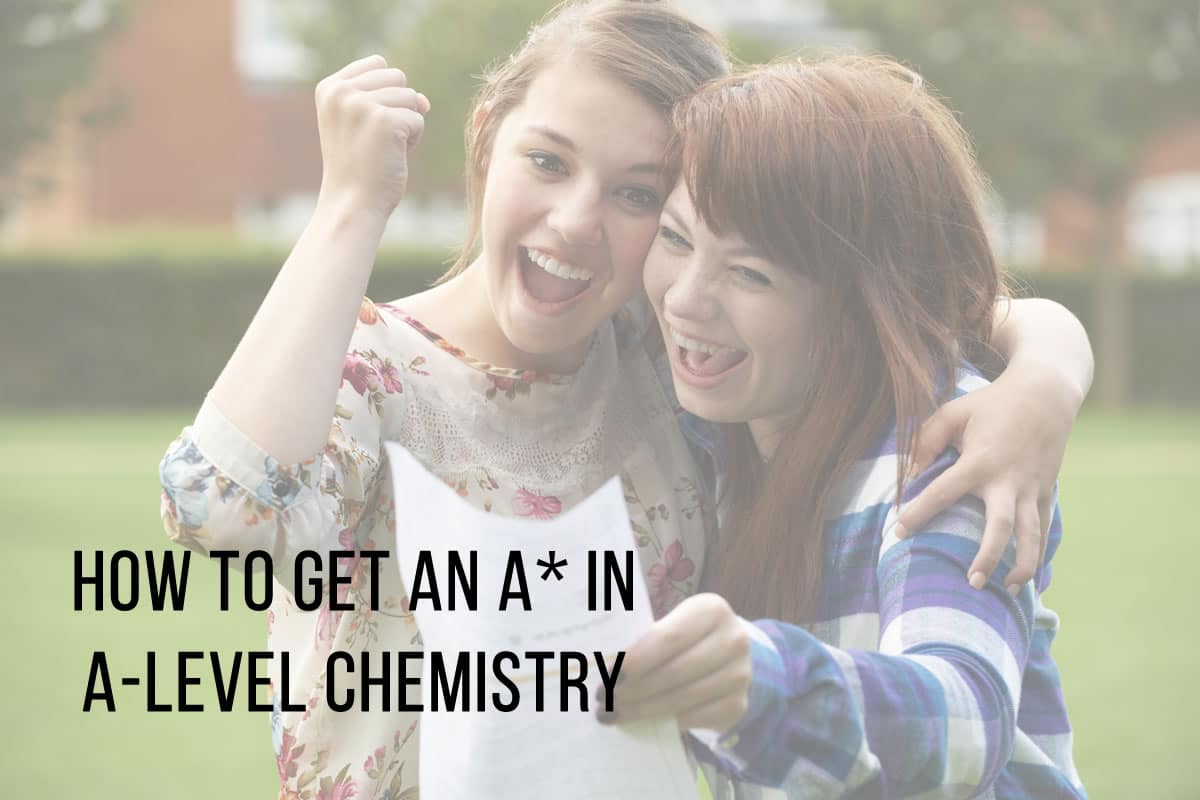Microsoft Word – 2014-J-12.docx. Show clearly the reagents you would use to carry out the following chemical conversions. More than one step is required in each case. Give the structure of any intermediate compounds formed. 6. 8. Propene can be converted into 1,2-dimethyl-1-phenylpropene using a sequence of. 6 reactions.
Bottled Water Reporter by IBWA – Issuu
a. law and theory b. theory and… See similar textbooks Related questions Question 100% Identify the reagents necessary to accomplish each of the following transformations. Expert Solution Trending now This is a popular solution! Step by step Solved in 4 steps with 3 images SEE SOLUTION Check out a sample Q&A here Knowledge Booster

Source Image: chegg.com
Download Image
Show your work. identify the reagents that you would need to accomplish each of the following transformations. Identify all of the following reagents that could be used to accomplish the below-mentioned transformation reaction. More than one answer is possible. a) m-CPBA b) DMD c) cold KMnO4. d) 1) Br2/H2O, 2) NaH.

Source Image: nature.com
Download Image
Large-Scale Distributed Training of Transformers for Chemical Fingerprinting | Journal of Chemical Information and Modeling For the following series of reactions, fill in the reagents necessary to accomplish each transformation (some Of them require more than one step — be sure to use numbers (1., 2., etc) to show separate Steps when necessary. You do not need to show any intermediates. (Fill in your answers below by the letter.) (60 points) OH B 3. OH ( OH

Source Image: scribd.com
Download Image
Choose The Reagents Necessary To Accomplish The Transformations Shown.
For the following series of reactions, fill in the reagents necessary to accomplish each transformation (some Of them require more than one step — be sure to use numbers (1., 2., etc) to show separate Steps when necessary. You do not need to show any intermediates. (Fill in your answers below by the letter.) (60 points) OH B 3. OH ( OH Q: Identify the reagents that can be used to accomplish each of the transformations shown below… refer to notes…. refer to notes…. refer to notes…. Functional Group Transformations: Moving a functional group from one carbon to the next can be completed by elimination or addition. Halogen removed then reinstalled at a different location
Klein,: Organic Chemistry | PDF | Change | Hydrogen Compounds
Working forwards, we specify the reagents needed for each transformation identified from the retro-synthesis. The ethylbromide must also be derived from acetylene so multiple reaction pathways are combined as shown below. In the second example, we are asked to synthesize 1,2-dibromobutane from acetylene. When all C–C breaks LO–Ose: Trends in Chemistry

Source Image: cell.com
Download Image
Identify the reagents necessary to accomplish each of the following transformations: | Homework.Study.com Working forwards, we specify the reagents needed for each transformation identified from the retro-synthesis. The ethylbromide must also be derived from acetylene so multiple reaction pathways are combined as shown below. In the second example, we are asked to synthesize 1,2-dibromobutane from acetylene.

Source Image: homework.study.com
Download Image
Bottled Water Reporter by IBWA – Issuu Microsoft Word – 2014-J-12.docx. Show clearly the reagents you would use to carry out the following chemical conversions. More than one step is required in each case. Give the structure of any intermediate compounds formed. 6. 8. Propene can be converted into 1,2-dimethyl-1-phenylpropene using a sequence of. 6 reactions.

Source Image: issuu.com
Download Image
Large-Scale Distributed Training of Transformers for Chemical Fingerprinting | Journal of Chemical Information and Modeling Show your work. identify the reagents that you would need to accomplish each of the following transformations. Identify all of the following reagents that could be used to accomplish the below-mentioned transformation reaction. More than one answer is possible. a) m-CPBA b) DMD c) cold KMnO4. d) 1) Br2/H2O, 2) NaH.

Source Image: pubs.acs.org
Download Image
Solved Identify the reagents necessary to accomplish each of | Chegg.com Identify the reagents necessary to accomplish each of the following transformations: Provide a synthesis for each of the following transformations using any necessary reagents. Show how the following conversion might be accomplished. show all reagents and all intermediate structures. more than one step may be required.

Source Image: chegg.com
Download Image
Solved Choose the reagents necessary to accomplish the | Chegg.com For the following series of reactions, fill in the reagents necessary to accomplish each transformation (some Of them require more than one step — be sure to use numbers (1., 2., etc) to show separate Steps when necessary. You do not need to show any intermediates. (Fill in your answers below by the letter.) (60 points) OH B 3. OH ( OH

Source Image: chegg.com
Download Image
How to Get An A* in A-Level Chemistry Q: Identify the reagents that can be used to accomplish each of the transformations shown below… refer to notes…. refer to notes…. refer to notes…. Functional Group Transformations: Moving a functional group from one carbon to the next can be completed by elimination or addition. Halogen removed then reinstalled at a different location

Source Image: chemistrytutor.me
Download Image
Identify the reagents necessary to accomplish each of the following transformations: | Homework.Study.com
How to Get An A* in A-Level Chemistry a. law and theory b. theory and… See similar textbooks Related questions Question 100% Identify the reagents necessary to accomplish each of the following transformations. Expert Solution Trending now This is a popular solution! Step by step Solved in 4 steps with 3 images SEE SOLUTION Check out a sample Q&A here Knowledge Booster
Large-Scale Distributed Training of Transformers for Chemical Fingerprinting | Journal of Chemical Information and Modeling Solved Choose the reagents necessary to accomplish the | Chegg.com Identify the reagents necessary to accomplish each of the following transformations: Provide a synthesis for each of the following transformations using any necessary reagents. Show how the following conversion might be accomplished. show all reagents and all intermediate structures. more than one step may be required.